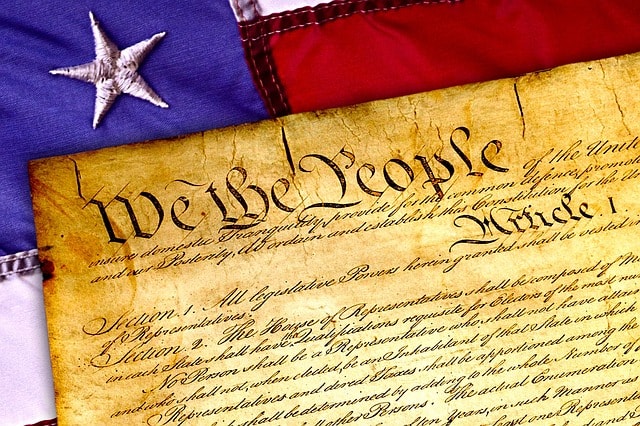
Here are a few of their bits of advice:
John Adams: “All the perplexities, confusion and distress in America arise not from the defects of the Constitution, not from want of honor or virtue, so much as from downright ignorance of the nature of coin, credit and circulation.” (Letter to Thomas Jefferson, 1787.)
Thomas Jefferson: “But I know nothing more important to inculcate into the minds of young people than the wisdom, the honor and the blessed comfort of living within their income, to calculate in good time how much less pain will cost them the plainest style of living which keeps them out of debt, than after a few years of splendor above their income, to have their property taken away for debt when they have a family growing up to maintain and provide for.” (Letter to Martha Jefferson Randolph, 1808.)
Benjamin Franklin: “It is a singular advantage of taxes on articles of consumption that they contain in their own nature a security against excess. They prescribe their own limit, which cannot be exceeded without defeating the end purpose, that is, an extension of the revenue.” (Federalist No. 21)
“In this world, nothing can be said to be certain, except death and taxes.” (Letter to French scientist Jean-Baptiste Leroy, 1798.)
“A penny saved is a penny earned.” (Poor Richard’s Almanac.)
Alexander Hamilton (as described in the currently-popular musical): “The ten-dollar founding father without a father got a lot farther by working a lot harder, by being a lot smarter, by being a self-starter. By fourteen, they placed him in charge of a trading charter.”
Abigail Adams: “Learning is not attained by chance, it must be sought for with ardor and attended to with diligence” (Letter to her son, John Quincy, 1780.)
George Washington: He was a man of few words, but a stickler for keeping track of his personal finances. Appointed commander-in-chief of the Continental Army in 1775, he did not accept a salary, but asked only for reimbursement of his expenses after the war. He then recorded everything from brooms to mutton to payment for his soldiers, meticulously keeping track of every penny in expenditures. He never went into debt, as some of his contemporaries did and died a rich man.
Marquis de Lafayette: “I read, I study, I examine, I listen, I think and out of all that I try to form an idea into which I put as much common sense as I can.” (Letter to his father, 1776) Though not officially a “founding father,” he was a trusted confidant of Washington and played a pivotal role in the colonists’ struggle for independence. He was the point man for the colonists’ relations with France and showed a great example of thrift and carefully money management.



